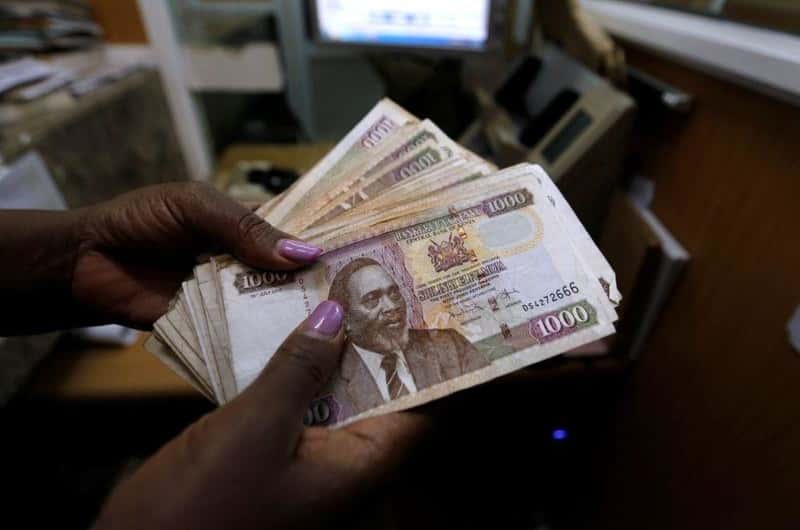
I&M Holdings takes the golden position in bank ratings following years of consistent improvement from being third in 2018 and second at the end of 2019.
Co-operative Bank takes the second position followed by Kenya Commercial Bank(KCB) and Equity at the fourth place says the report by the investment manager, Cytonn.
For Co-op, reduction of Non-Performing Loan ratio(NPL) attributed to its success while the increased cost of running the business for KCB Vis-à-vis income generation compromised its lead.
“Co-operative Bank of Kenya Ltd whose rank improved to Position 2 from Position 3 in FY’2019 mainly due to an improvement in the Gross NPL ratio to 10.8 per cent in Q1’2020 from 11.2 per cent in FY’2019, in turn, improving its franchise value score,” said Cytonn.
How are Banks surviving?
In the wake of a shaking financial sector due to the coronavirus pandemic, Kenyan banks have shown a rare resilience in performance. To adapt, Banks have undertaken massive changes mostly credited to the diversification of income and help from other stakeholders like the Central Bank of Kenya (CBK).
In a meeting on the 29th of April 2020, the Monetary policy committee lowered the cash reserve ratio (CRR)- a fraction of total customer deposits that the commercial banks have to hold with the CBK from 5.25 per cent to4.25 per cent. This according to Cytonn “provided additional liquidity of approximately 35.0 billion to commercial banks for onward lending to distressed borrowers.”
Banks have also embarked on capital conservation by suspending dividends paid out amid the tough conditions set by the pandemic. A similar move has been taken by both financial and non-financial businesses globally in an attempt to save money and boost capital.
“Equity Group Holdings withdrew their recommendation to pay a first and final dividend of Kshs 2.5 per share for FY’2019 while Standard Chartered Bank announced the postponement of the proposed final dividend payments of Shs 15.0 per share for FY’2019,” read the report by Cytonn.
Even though the report tells the story of good tidings for Kenyan banks, it also shows a decline in the quality of their loan books, as a result of compliance with the new accounting rules known as IFRS 9, together with the cautious stance that banks have taken to mitigate the impact of the Covid-19 pandemic.
“Asset quality deteriorated in Q1’2020 with the gross NPL ratio increasing by 0.9 per cent points to 11.3 per cent from 10.4 per cent in Q1’2019. This was high compared to the 5-year average of 8.5 per cent,” reads the report.
How does the future look?
As the coronavirus pandemic affects business and disrupts the global supply chain, businesses need extra cash flow from financial institutions to stay afloat. This presents a challenge because the pandemic has also increased the risk of loan defaulting this period.
The future of banks under the pandemic will depend on cost rationalization strategies such as a complete digital revolution to improve efficiency.
“Increased adoption of alternative channels of transactions such as mobile, internet, and agency banking, has led to increased transactions carried out via alternative channels and out of bank branches, which have been reduced to handling high-value transactions and other services such as advisory,” suggests the report by Cytonn.
Such changes will not only reduce front office operations but also cut the number of staff required and by extension, reducing operating expenses and hence, improving operational efficiency.